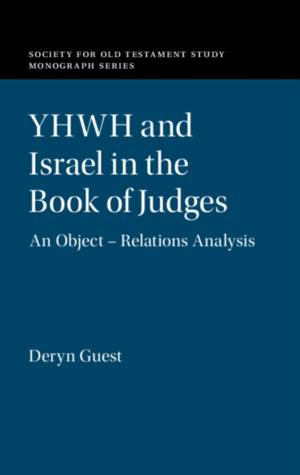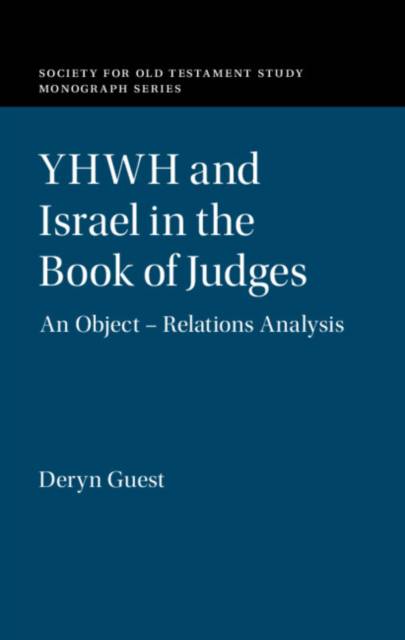
- Afhalen na 1 uur in een winkel met voorraad
- Gratis thuislevering in België vanaf € 30
- Ruim aanbod met 7 miljoen producten
- Afhalen na 1 uur in een winkel met voorraad
- Gratis thuislevering in België vanaf € 30
- Ruim aanbod met 7 miljoen producten
Zoeken
€ 125,95
+ 251 punten
Omschrijving
In the Book of Judges the narrator presents an image of the good parent YHWH whose enduring love and loyalty is offset by his wayward child Israel who defaults on the relationship repeatedly. Biblical scholars have largely concurred, demonstrating the many faults of Israel while siding with YHWH's privileged viewpoint. When object-relations theory (which examines how human beings relate to each other) is applied to Judges, a different story emerges. In its capacity to illuminate why and how relationships can be intense, problematic, rewarding, and enduring, object-relations theory reveals how both YHWH and Israel have attachment needs that are played out vividly in the story world. Deryn Guest reveals how its narrator engages in a variety of psychological strategies to mask suppressed rage as he engages in an intriguing but rather dysfunctional masochistic dance with a dominant deity who has reputation needs.
Specificaties
Betrokkenen
- Auteur(s):
- Uitgeverij:
Inhoud
- Aantal bladzijden:
- 208
- Taal:
- Engels
- Reeks:
Eigenschappen
- Productcode (EAN):
- 9781108476508
- Verschijningsdatum:
- 31/01/2019
- Uitvoering:
- Hardcover
- Formaat:
- Genaaid
- Afmetingen:
- 221 mm x 150 mm
- Gewicht:
- 362 g

Alleen bij Standaard Boekhandel
+ 251 punten op je klantenkaart van Standaard Boekhandel
Beoordelingen
We publiceren alleen reviews die voldoen aan de voorwaarden voor reviews. Bekijk onze voorwaarden voor reviews.











